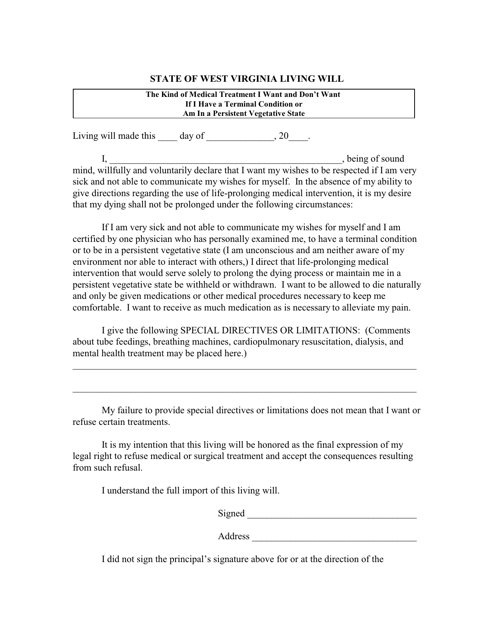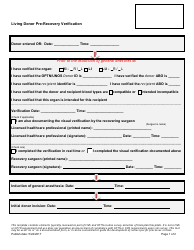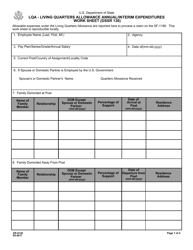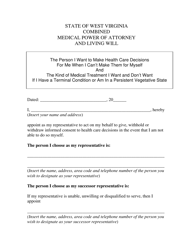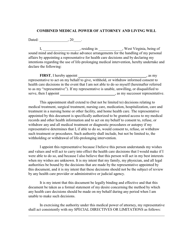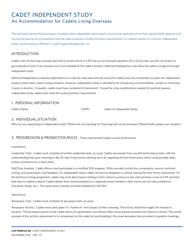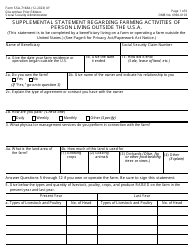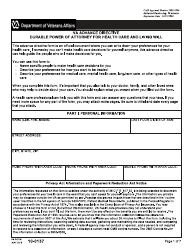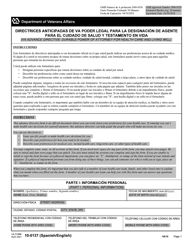Living Will - West Virginia
Living Will is a legal document that was released by the West Virginia State Bar - a government authority operating within West Virginia.
FAQ
Q: What is a living will?
A: A living will is a legal document that allows you to express your wishes regarding medical treatment if you become unable to communicate.
Q: Is a living will the same as a regular will?
A: No, a living will is not the same as a regular will. A living will deals with medical treatment decisions, while a regular will deals with the distribution of your assets after your death.
Q: Why would I need a living will?
A: Having a living will ensures that your medical treatment decisions are followed if you cannot communicate them yourself. It provides guidance to your healthcare providers and loved ones.
Q: How do I create a living will in West Virginia?
A: To create a living will in West Virginia, you must be of sound mind and at least 18 years old. You can create a living will by writing down your wishes regarding medical treatment and signing the document in the presence of two witnesses.
Q: Can I change or revoke my living will?
A: Yes, you can change or revoke your living will at any time as long as you are of sound mind. You can do this by creating a new living will or by verbally expressing your new wishes to your healthcare providers and loved ones.
Q: Do I need a lawyer to create a living will?
A: While it is not required to have a lawyer create a living will, it can be helpful to seek legal advice to ensure that your living will complies with the laws of West Virginia.
Q: What happens if I don't have a living will?
A: If you do not have a living will and become unable to communicate your medical treatment wishes, decisions about your care will be made by your healthcare providers and potentially by the courts.
Q: Can I include specific instructions in my living will?
A: Yes, you can include specific instructions in your living will regarding the types of medical treatment you do or do not want to receive.
Q: Can I appoint someone to make healthcare decisions on my behalf?
A: Yes, in addition to a living will, you can appoint a healthcare proxy or medical power of attorney who can make healthcare decisions on your behalf if you become unable to make them yourself.
Form Details:
- The latest edition currently provided by the West Virginia State Bar;
- Ready to use and print;
- Easy to customize;
- Compatible with most PDF-viewing applications;
- Fill out the form in our online filing application.
Download a printable version of the form by clicking the link below or browse more documents and templates provided by the West Virginia State Bar.
